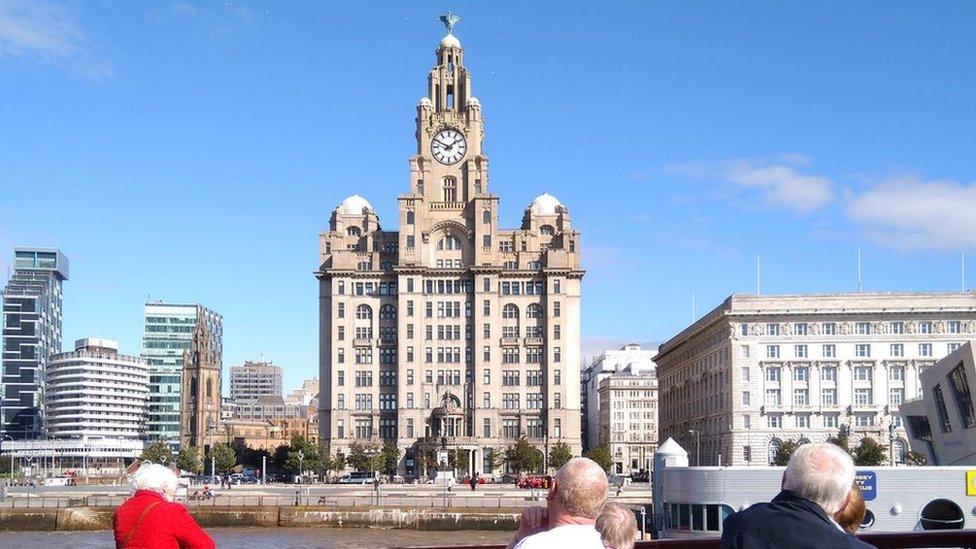Poorest in Liverpool face cuts over council's £73m budget gap
- Published
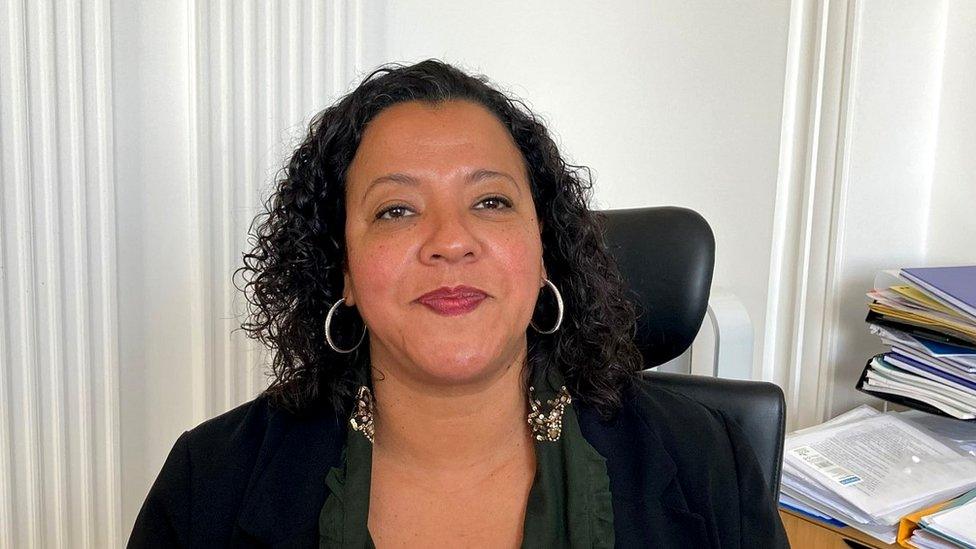
Mayor of Liverpool Joanne Anderson says this is the toughest budget the city has ever had to plan
Support schemes for some of Liverpool's poorest residents could be cut under budget plans aimed at plugging a £73m gap in the city's finances.
Liverpool Mayor Joanne Anderson said it had been "heartbreaking" planning this year's budget but the council "was running out of road".
The proposals include cutting an emergency crisis support fund.
Cash payments known as "urgent needs awards" would be replaced with supermarket vouchers.
The budget savings plan aims to save £1m by reviewing the scope of the Liverpool Citizens Support scheme, introducing a repair or replace element for domestic appliances, removing furniture packages for tenants of registered providers and removing home starter packs.
Ms Anderson said: "It's heartbreaking because the budget is a demonstration of our values as a Labour council.
"Our work around anti-poverty is a priority for us."
An advice service helping residents claim benefits would also end, in a move to save £1m with the council saying agencies like Citizens Advice provide the same service.
Review of libraries
Top-up payments the council makes towards discretionary housing payments would also be scrapped, despite council papers saying these payments prevent tenants getting into rent arrears, and reduce the risk of homelessness.
Local authorities receive an annual grant allocation every year from the government for these payments, but in recent years,the council has topped this up with funding from its own budget.
In 2022/23 the government provided £1.15m in funding and the council added an additional £1m which would not happen next year under these plans.
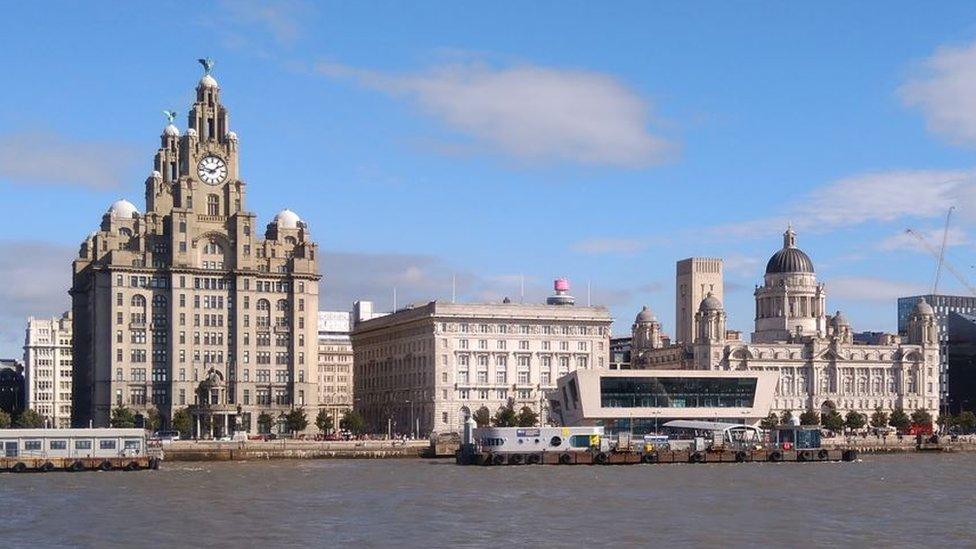
Joanne Anderson defended the decision for the city to bid to host the Eurovision Song Contest
A review of libraries and leisure centres, slimming down funding of arts organisations and events and ending the council's contribution to the city's Christmas lights are also included in the plan, along with a "wholesale transformation" of adult social care and homelessness services.
A chunk of the council's culture budget for 2023 would be earmarked for costs associated with hosting the Eurovision song contest - although exactly how much the council is contributing has not been made public yet.
'Costly errors'
The mayor defended the city's bid to host the event, despite the cost.
"The amount is five times less than others offered to host it and the impact of what we're getting back, the return on that money we are already seeing," Ms Anderson said.
"We are already getting a good return on that money for Eurovision".
The budget proposals also include plans to generate income from assets like Croxteth Hall, and by extending street parking charges after 18:00 GMT.
There are also plans to find a third party operator for the city's cruise liner terminal.
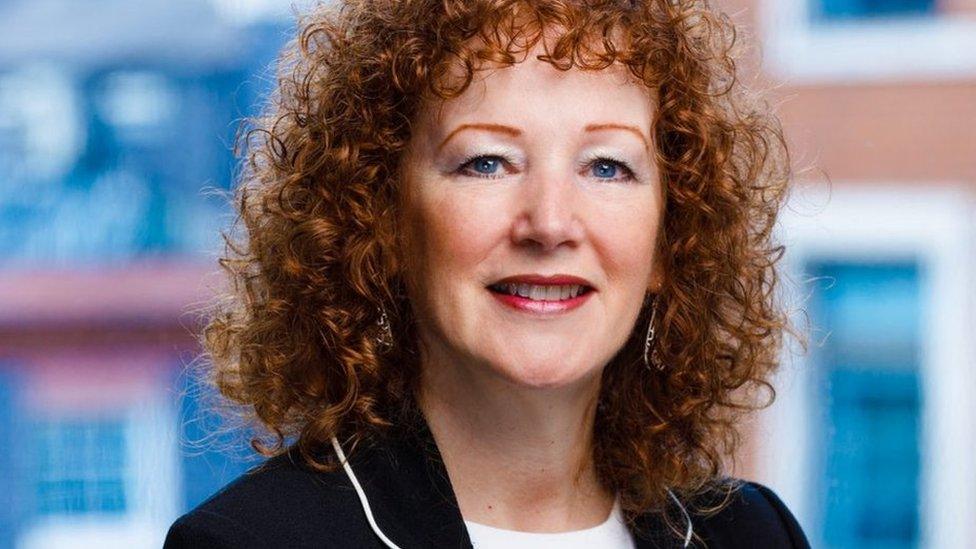
Chief executive Theresa Grant says the council needs to give better value for money
The council's new chief executive, Theresa Grant, acknowledged the authority had made some costly errors over its energy contracts but she said the council was not an outlier when it came to its financial pressures.
"We need to modernise, we need to give better value for money and we need to change the way we operate," she said.
"There's a lot of duplication, we need to bring services together and take a different approach."
The proposals will be considered by the cabinet next week and a public consultation is under way.
The council will set its budget early next year.

Why not follow BBC North West on Facebook, external, Twitter, external and Instagram, external? You can also send story ideas to northwest.newsonline@bbc.co.uk
- Published7 October 2022
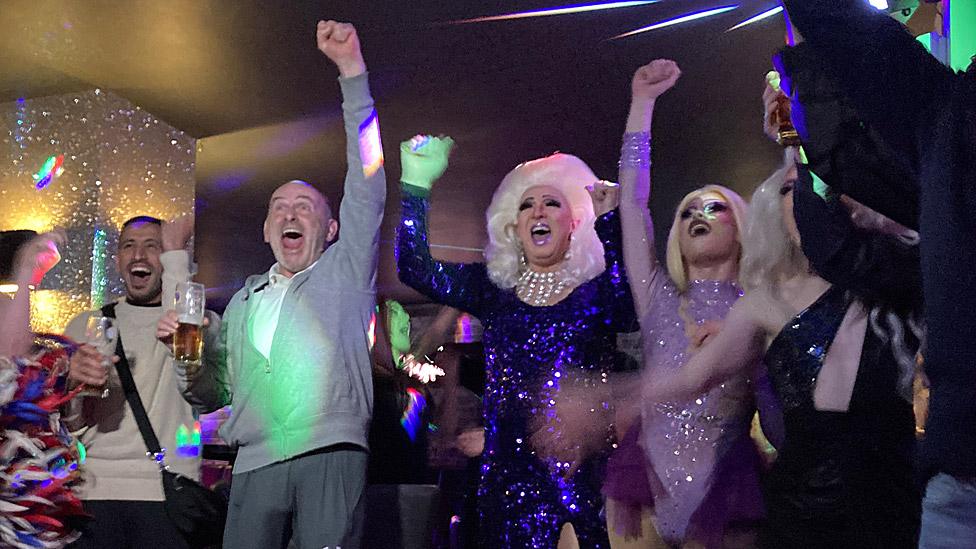
- Published8 November 2022

- Published18 October 2022

- Published28 July 2022
